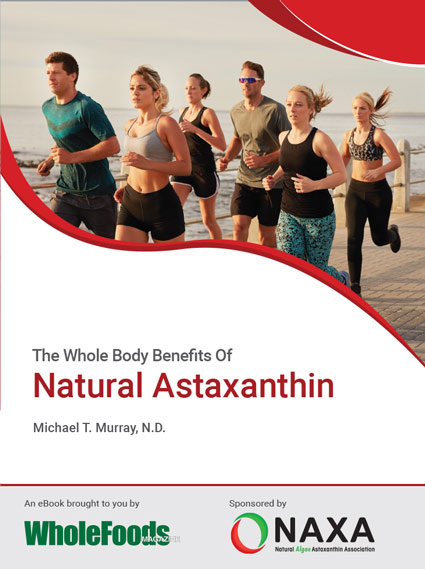by Dr. Michael Murray | Aug 8, 2018 | Healing Food Facts, Most Recent, Natural Facts
Introduction Another study indicates that even on a gluten-free diet many people with celiac disease or gluten sensitivity are inadvertently being exposed to enough gluten to continue to produce symptoms. Fortunately, new data shows that supplementation with gluten...

by Dr. Michael Murray | Jul 18, 2018 | Most Recent, Natural Facts
What if in the treatment of depression, food prescriptions replaced antidepressant drugs? There are so many nutritional approaches and natural products with proven clinical benefit in boosting positive mood that it is only a matter of time. A new study with...

by Dr. Michael Murray | May 22, 2018 | Most Recent, Natural Facts
Introduction Enzyme preparations are one of nature’s most powerful therapeutic agents. In particular, the proteolytic enzymes (or proteases) that digest break down proteins into smaller units have shown fantastic results for in many clinical indications. One of the...

by Dr. Michael Murray | May 24, 2017 | Digestion, Most Recent
Introduction Digestive complaints affect nearly 100 million Americans. In most cases, the symptoms reflect disturbed digestive function or food intolerance rather than an underlying disease. Functional gastrointestinal disorders include occasional indigestion or...

by Dr. Michael Murray | Jan 23, 2017 | Most Recent, Natural Facts
“Astaxanthin is the crowned king of antioxidants,” said Dr. Murray. “It is given this title because of its unique benefits and actions in promoting health and protecting against cellular damage, especially in the brain and vascular system and I’m excited to help...

by Dr. Michael Murray | Nov 22, 2016 | Awareness month, Digestion, Most Recent, Natural Facts
How crazy is it that Americans spend over $2 billion a year on laxatives to deal with constipation? Here is something else to ponder, studies designed to determine the percentage of adults suffering from chronic constipation put the number between 24% to almost 50%....







